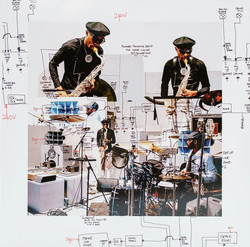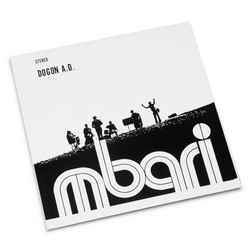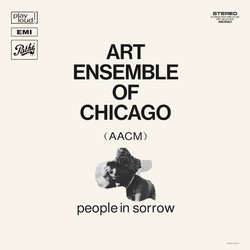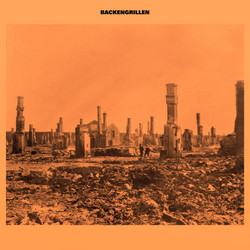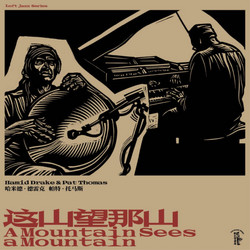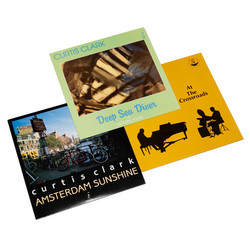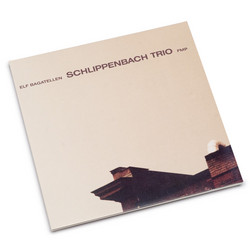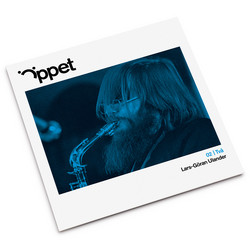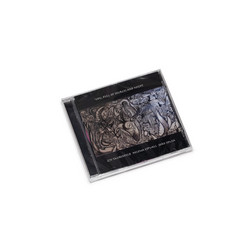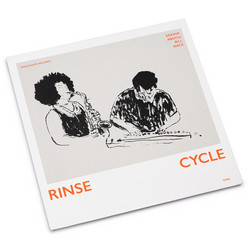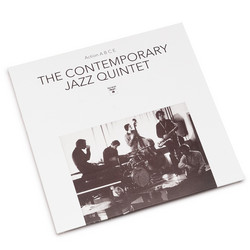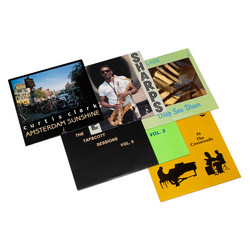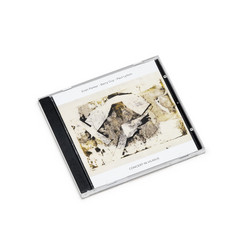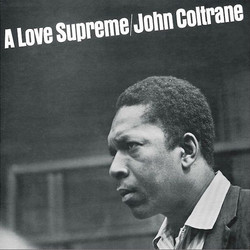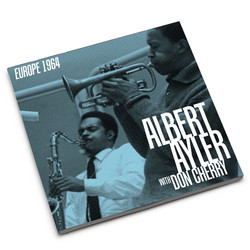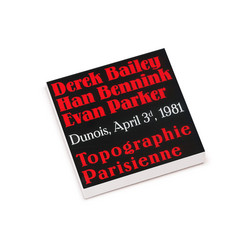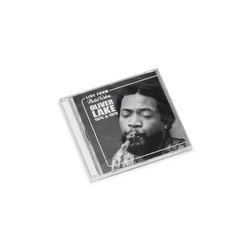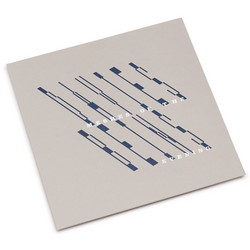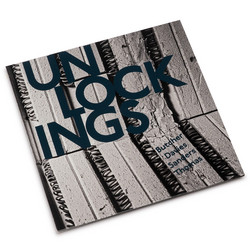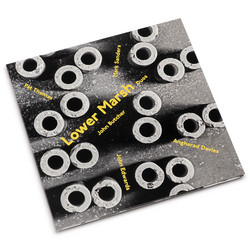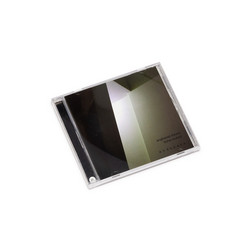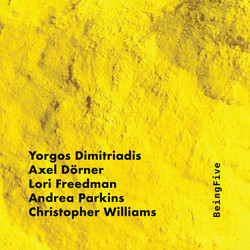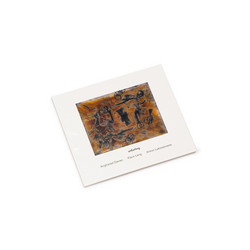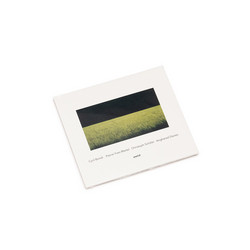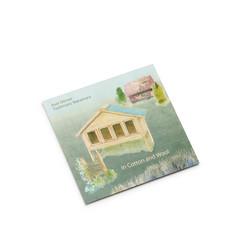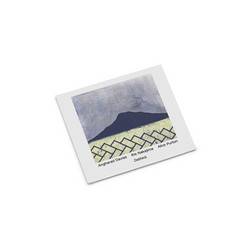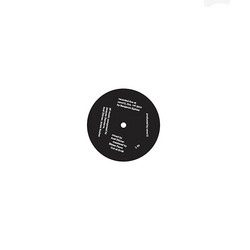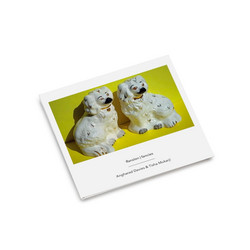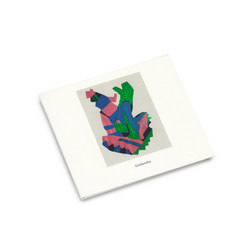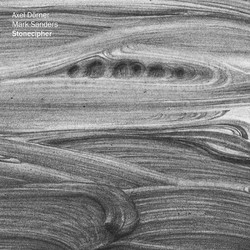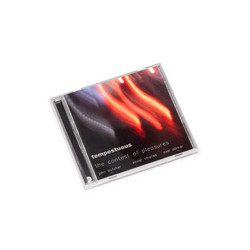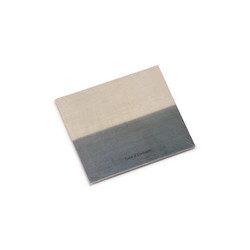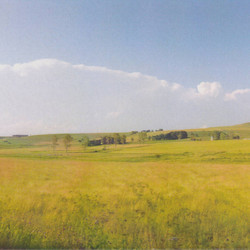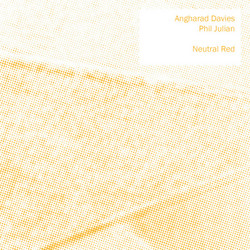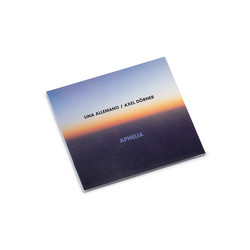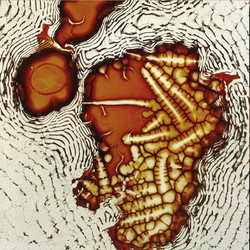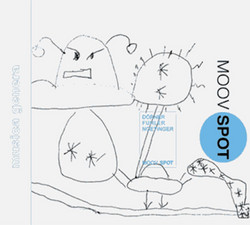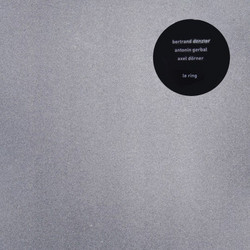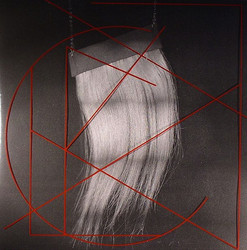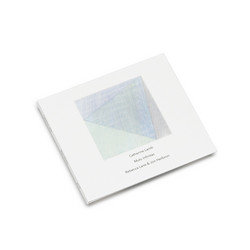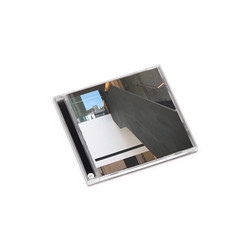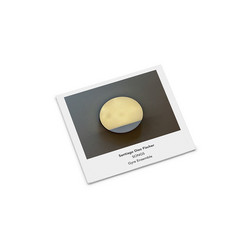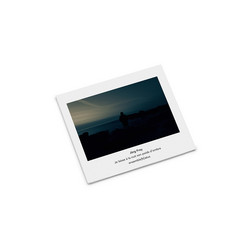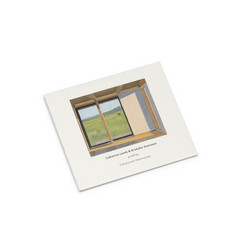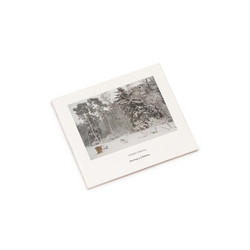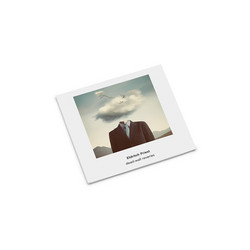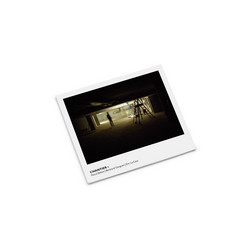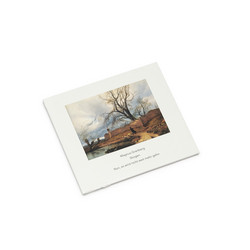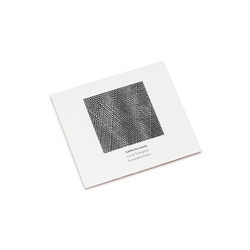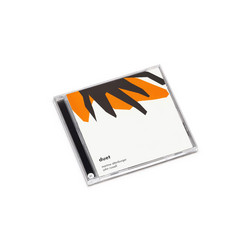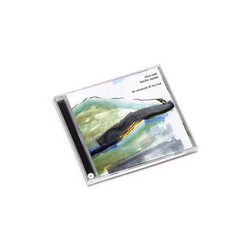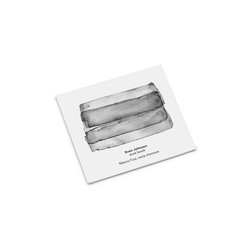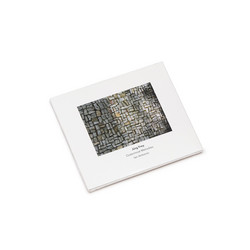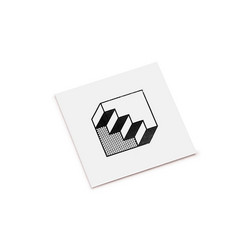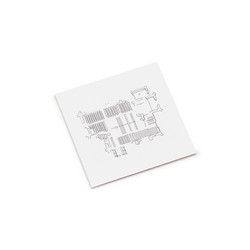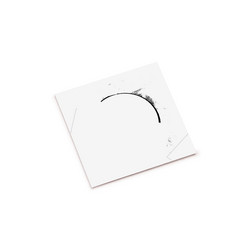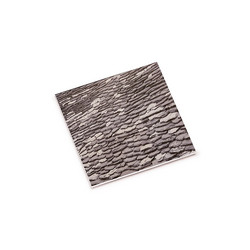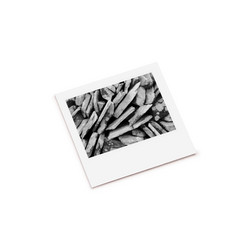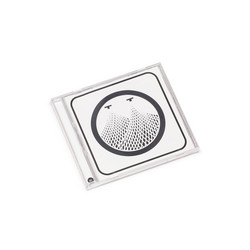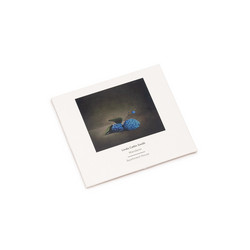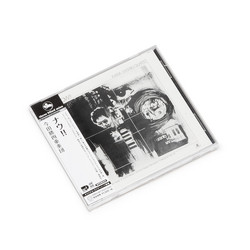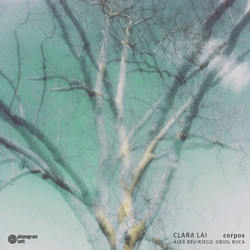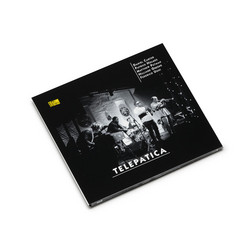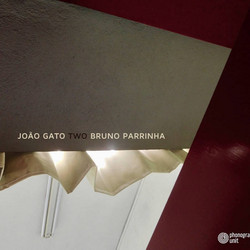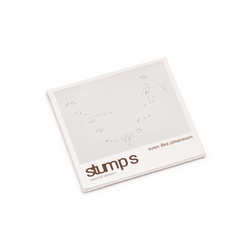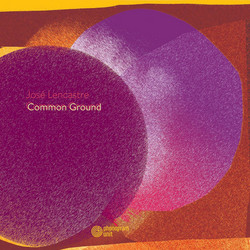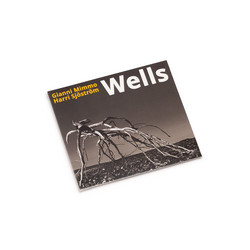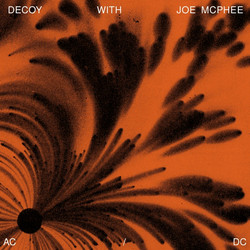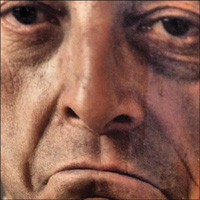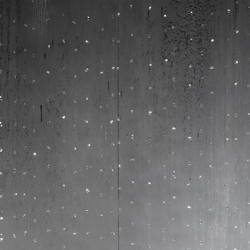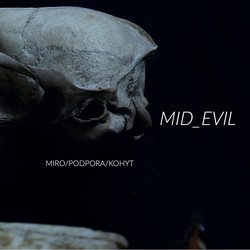A duo encounter between two of the most distinctive voices in European improvised music: Welsh violinist Angharad Davies and German trumpeter Axel Dörner. Recorded in December 2008 at a West London house, A.D. documents an intimate meeting between two musicians who share a profound commitment to extended technique and sonic exploration, creating music that transcends the conventional boundaries of their instruments.
Dörner has long been recognized as one of the most consistently innovative trumpeters in contemporary improvisation, celebrated for his ability to extract an extraordinary range of sounds from his instrument – breathy resonances verging on white noise, low frequency tongue flutters, metallic percussive clicks, hisses and gentle roars – all achieved acoustically, without electronic processing. Davies, for her part, has established herself as one of the most compelling violinists working in improvised music, despite being under-recorded relative to her standing in the field. Here she works primarily with the bow, often on prepared strings (using small clips), but also drawing sounds from the body of the violin itself, finding grey tones and grainy textures that perfectly complement Dörner's palette.
The three pieces – playfully titled in a German/Welsh hybrid (Stück Un, Stück Dau, Stück Tri) – capture what feels like an extended conversation between two friends, building delicate structures together in real time. The music is characterized by its restraint and spaciousness, with sounds chosen for their "correctness" in relation to each other, creating a tension that comes from precise placement rather than dramatic gestures.
The critical response was enthusiastic. Richard Pinnell (The Watchful Ear) declared it "another real winner for Another Timbre," noting: "I can't think of any other album at all that sounds close to how this disc sounds, the particular mix of textures and tones is unusual." John Eyles (All About Jazz) praised "a stunning performance" where "two instruments mesh into a seamless whole; the parts can be heard but they are so sympathetically matched that the whole is greater than their sum." Jean-Claude Gevrey (scala tympani) highlighted the album's paradoxical nature: "quite conventional (from the point of view of the 'codes' of the genre), this performance, virtuosic in its sobriety, shines out above all through its finesse and clarity."
Essential listening for anyone interested in the quieter, more meditative corners of improvised music.

